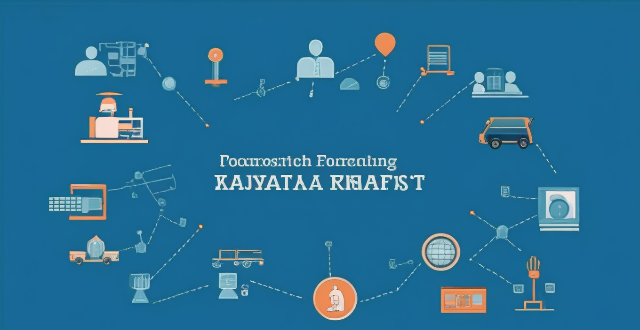The role of technology companies in protecting privacy rights is crucial. They are responsible for ensuring that user data is collected, stored, and used responsibly. This includes providing transparency about data collection practices, obtaining explicit consent, limiting data collection to necessary information, and implementing robust security measures. Technology companies should also allow users to control their personal information by providing easy access, modification, and deletion tools, as well as options to opt-out of data sharing. By following these best practices, technology companies can build trust with users and promote a culture of privacy protection within the industry.

The Role of Technology Companies in Protecting Privacy Rights
Technology companies play a crucial role in protecting privacy rights. They are responsible for developing and implementing measures to safeguard the personal information of their users. This includes ensuring that data is collected, stored, and used in compliance with relevant laws and regulations.
Data Collection and Use
Technology companies must be transparent about how they collect and use user data. They should provide clear explanations of their data collection practices and obtain explicit consent from users before collecting any sensitive information. Additionally, they should limit the amount of data they collect to only what is necessary for their services to function properly.
Examples of Best Practices in Data Collection and Use:
- Providing detailed privacy policies that explain how data is collected, stored, and used.
- Obtaining explicit consent from users before collecting any sensitive information.
- Limiting data collection to only what is necessary for their services to function properly.
- Allowing users to easily access and control their personal information.
Data Security
Technology companies must take appropriate measures to protect user data from unauthorized access, theft, or disclosure. This includes implementing robust security systems such as encryption, firewalls, and secure servers. They should also regularly update these systems to ensure they remain effective against evolving threats.
Examples of Best Practices in Data Security:
- Implementing robust security systems such as encryption, firewalls, and secure servers.
- Regularly updating these systems to ensure they remain effective against evolving threats.
- Conducting regular security audits and penetration testing to identify vulnerabilities and address them promptly.
- Providing security training to employees to ensure they understand best practices for protecting user data.
User Control Over Personal Information
Technology companies should provide users with control over their personal information. This includes allowing users to easily access, modify, and delete their data. Additionally, they should provide users with options to opt-out of data collection or sharing whenever possible.
Examples of Best Practices in User Control Over Personal Information:
- Providing easy-to-use tools for users to access, modify, and delete their data.
- Offering options for users to opt-out of data collection or sharing whenever possible.
- Being transparent about how user data is used and who it may be shared with.
- Ensuring that users can exercise their rights under relevant privacy laws and regulations.
In conclusion, technology companies have a significant responsibility in protecting privacy rights by implementing best practices in data collection and use, data security, and user control over personal information. By doing so, they can help build trust with their users and promote a culture of privacy protection within the tech industry.